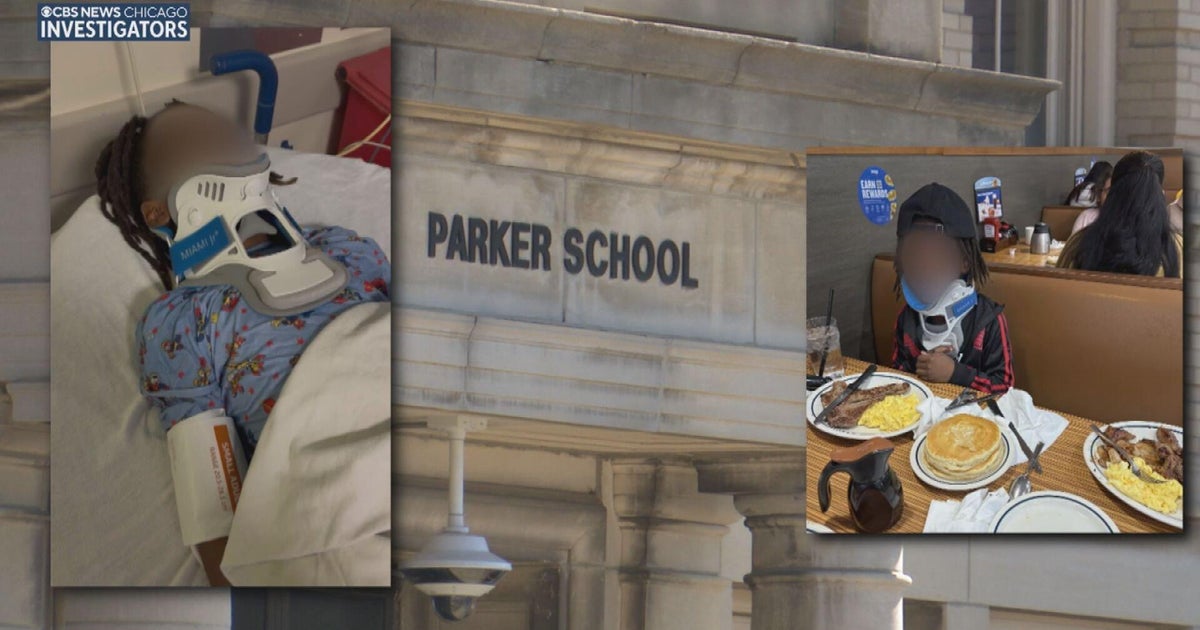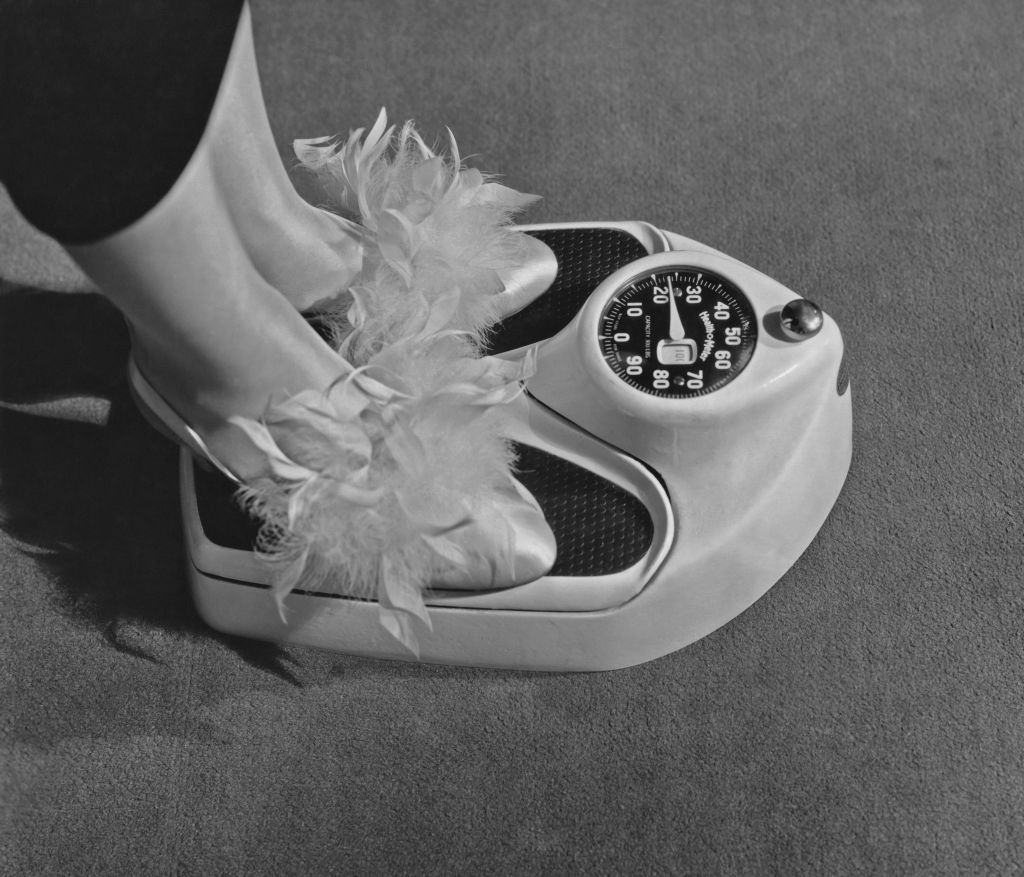Going to college with a "Hope" scholarship
Earlier this year, high school senior Desiree Guzman set her sights on college. A senior at Chicago's Farragut Career Academy High School and enrolled in the school's Junior Reserve Officers' Training Corps, Guzman reasoned that a college degree would help her find a better job, one that might help her single mother retire. The only question was how to pay for the tuition.
For high school senior Violet Pina, college was a way to escape the violence in her Chicago neighborhood. Her barrier to matriculating was the money needed to finance a degree.
Johnson College Prep senior Marion Reed looked to higher education to help her sort out her potential. Her mother and older sister never attended college because pregnancies had delayed their college ambitions, and her older brother had dropped out. But Reed knew that college would be a window into another way, a means of seeing there is more to life than what she experienced in her Chicago home — if only she could afford it.
These young women will now do more than live out their dream of higher education — they will do it for free. They are among 4,000 Chicago high school students promised a full ride to in-state college by the nonprofit organization Hope Chicago.
Founded by entrepreneur Pete Kadens and businessman Ted Koenig, the Hope Chicago program covers tuition, room and board, books, fees, and surcharges at roughly 20 partner colleges and programs. If students choose not to attend one of the partner colleges and programs, Hope Chicago will grant them a stipend of up to $1,000 per semester.
It is a multigenerational promise. The program also provides this scholarship to a parent or guardian of each high school student. Hope Chicago seeks to help 30,000 Chicago students and their family members earn post-secondary credentials over the next decade. To do so, the organization aims to raise at least $1 billion dollars.
Kadens arrived at the charity after making his fortune in the cannabis industry. After retiring in 2018 at age 40, he acknowledged that the advantages he received in life had primarily come through education.
"I have a big belief in paying it backward," Kadens said. "People always talk about paying it forward. But what about the people and communities who propelled me? Those are the places that I want to go and engage."
For Kadens, that included his hometown of Toledo, Ohio, where he began his scholarship initiative. Since the program launched in 2020, Hope Toledo has paid for college for about 200 families at Scott High School, including students and one of their parents or guardians.
One of those Toledo families was mother-daughter pair Adrianne Burnett and Cayla Howard. When Burnett heard last year that Hope Toledo would also pay for her tuition in full, she was shocked.
"I was amazed," she said. "Honestly, I wasn't sure if I was going to take it. I just wanted my daughter to take the full advantage of it and go to school. But she pushed me. She's the reason I took it."
Burnett, who said she is studying business entrepreneurship, aims next to attain a bachelor's degree, followed by a commercial real estate license. Without this scholarship, she said, this new path would have been impossible.
"I thought I missed that ship," she said. "So, no, I wasn't going to go back."
In Chicago, where Kadens announced the scholarships at five area high schools in February, high school seniors are already seeing new futures come into view. Violet Pina now plans to attend the University of Illinois Chicago, while Desiree Guzman and Marion Reed have selected the University of Illinois Urbana-Champaign.
Reed said she is aware of how challenging this next chapter of her life may be but feels prepared. "I know it's not going to be easy," she said. "You've got to be strong-minded, even if you feel like at your lowest. Like, 'Girl, you going to school for free. Get yourself together.' So that's what I'm going to be doing."
What Kadens is now doing is encouraging other philanthropists and corporations to take up the mantle of providing full-ride scholarships for the high school students in their towns. If Hope Toledo has worked and he is scaling up Hope Chicago, he wonders, why can't some other millionaire fund a theoretical Hope Indianapolis or Hope Charlotte?
"This is my life's work," Kadens said. "This is what I'm going to spend the rest of my days doing because I believe that I was put on this earth to enable other people to get the same opportunity and access that I have."
The video above was produced by Brit McCandless Farmer and Will Croxton. It was edited by Will Croxton.



